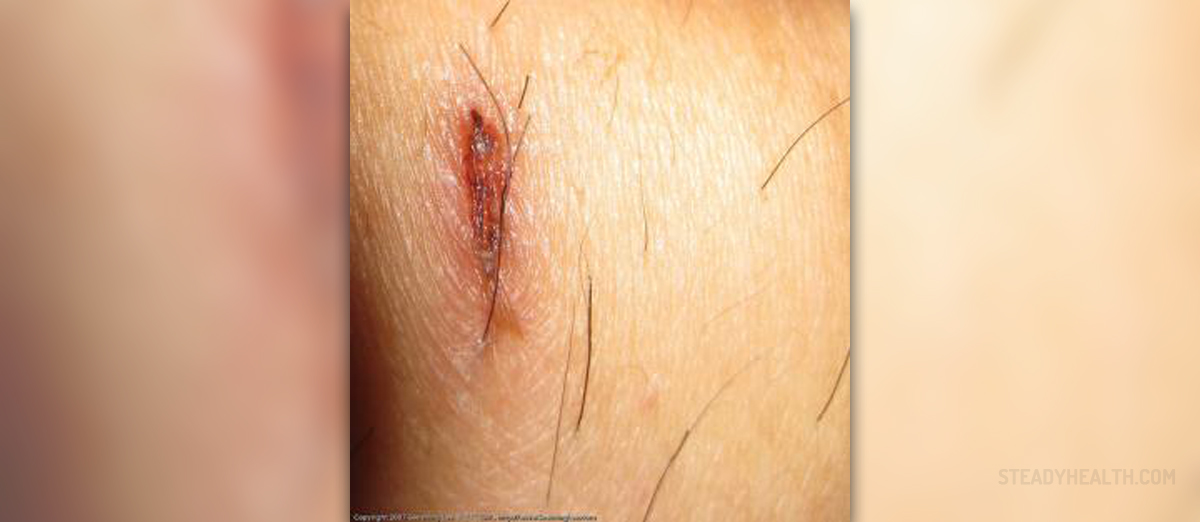
The wounds are the kind of injuries that involve openings on the skin and sometime damaging the tissue from beneath it. There are a lot of different types of wounds and the most frequent are the scratches, cuts, burns and the other injuries caused by heat or coldness.
Although the wounds are among the injuries that can be healed most quickly, there are a lot of people who suffer from some conditions that interrupt the process of healing, such as diabetes and deficiency of some vitamins but the elderly people and the ones who underwent the treatment of radiation or chemotherapy are also in the group of the people with increased risk factors.
Symptoms
The most common unwanted consequence of open wounds is the infection. Besides it, the emerging of swelling and redness means that the inflammation took place which is actually a good thing, since it is the body’s natural way of defending itself from the infection which is necessary for the regeneration, too.
Treatment
The treatment can be conducted with the antibiotics, painkillers and antiseptic, but since they almost always include some side-effects, the better idea is to choose another way of treatment, with the natural herbal remedies. There is a lot of them because wounds are very common problems and they are divided into those which are designed to be consumed orally and those which are meant to be applied directly on the affected spot.
Among the remedies which should be put on the wound, the most effective are those which encourage the process of regeneration. Such herbs are: bladderwrack (rich in iodine and alginic acid), aloe vera, chamomile (contains a lot of flavonoids, and it is the common ingredient of cosmetic creams), calendula (its flowers should be mixed with the boiled water and then applied to the wound), Echinacea (encourages the immunity, and should be put on the wound in the gel form), comfrey (contains the beneficial substance called allantoin, which also speeds-up the regeneration), goldensal, Marshmallow (its root is used for remedies) St’ Johns wort (could be combined with the other beneficial herbs), elm bark the oil from the tea tree (mustn’t be applied on the burned tissue) witch hazel and horse chestnut.
The more universal herbs
Also, there are some herbs which should be taken by mouth, and the more commonly consumed for treating the wounds are turmeric and pycnogenol. But, even more popular are those universal remedies, which are designed to be used the both ways, by mouth and by application. So the most effective are: propolis, which is rich in aminoacids, burdock, which cleanse the blood, chaparral (rich in antioxidants), dandelion (contains minerals and vitamins, too), horsetail (very beneficial for the health of the tissue) plantain, neem and arnica which is maybe the most effective of them all.
Additional precautions
And, finally, it is essentially important to point out that in the cases of the deeper wounds, the immediate medical attention should be sought. Also, before putting on those beneficial remedies onto the affected spot, the wound must be cleaned properly.


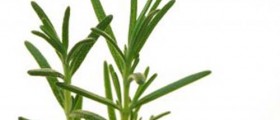
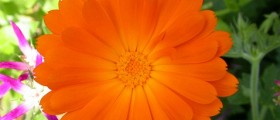



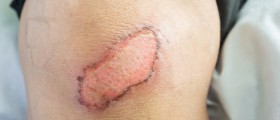
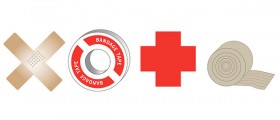
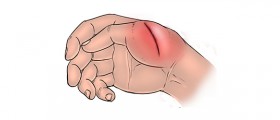

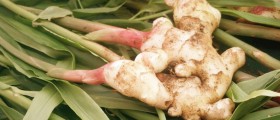

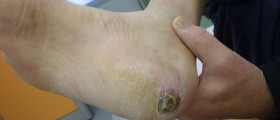

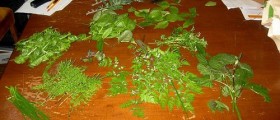

Your thoughts on this
Loading...